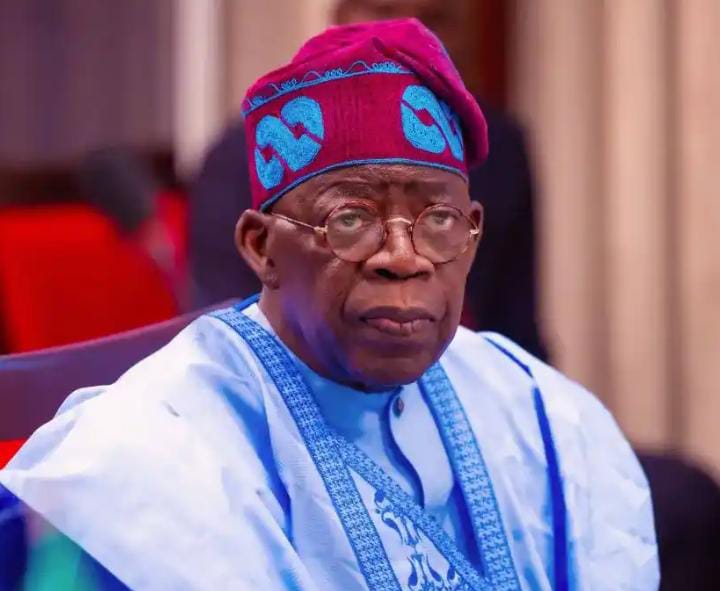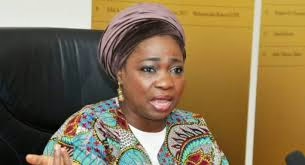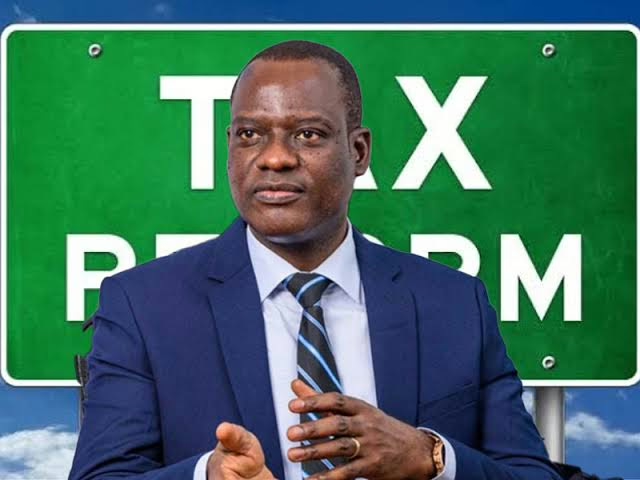Nigerians survived the year 2023 amid the highs and lows of the country’s economy.
For many, surviving the last twelve months was hellish, occasioned by the President Bola Ahmed Tinubu government’s major economic policies- fuel subsidy removal and exchange rate reform in the second quarter of 2023.
The year in view was challenging not only for ordinary Nigerians but for business owners.
In 2023, GlaxoSmithKline Consumer Nigeria, Procter & Gamble, and other businesses announced their exit from Nigeria.
The companies blamed their decisions on the economic hardship in Nigeria caused by the foreign exchange crisis, energy crisis and multiple taxation.
This is because the Q1 of the year started on a negative footing with the devastating cash crunch caused by the implementation of Naira’s redesigned policy until the Supreme Court came to the rescue.
Still, the general elections in February and March also contributed to the slow pace of business in Q1.
To this end, Nigeria’s Gross Domestic Product growth fell to 2.31 per cent in the first Quarter of 2023 from 3.52 per cent in the fourth Quarter of 2022, according to the Q1 GDP data from the National Bureau of Statistics.
Part of the woes was that Nigeria’s unemployment increased from 4.1 per cent in Q1 to 4.2 per cent in Q2 2023.
The impact of fuel subsidy removal and unification of exchange rates lagged into the last three quarters of 2023.
Fuel subsidy removal
Tinubu’s swearing-in speech on May 29, 2023, set the tone for fuel subsidy removal when he said, ‘Fuel Subsidy is gone’.
From June 1, 2023, the policy implementation commenced. Consequently, the fuel pump price jumped from N198 per litre to N617/per litre.
This led to a hike in the prices of transportation, food, goods and services nationwide.
The National Bureau of Statistics consumer price index showed that inflation jumped to 28.20 per cent in November from 22.41 per cent in May 2023.
The development pushed up the cost of living, including house rent and school fees, skyrocketing by more than 100 per cent in the year under review.
The country’s economy metamorphosed from being frail in the first quarter to arguably worst in the last three quarters.
The inflation rate, a fundamental indicator of citizenry well-being, never cooled off but continued to rise throughout the year.
According to the National Bureau of Statistics, the Consumer Price Index jumped by 6.38 per cent to a 28.20 per cent high in November 2023.
By implication, the cost of living doubled and became unbearable for many Nigerians in the year under review.
Exchange Rate Reform
Another policy reform that shaped 2023 is the unification of the foreign exchange market or Naira floating.
The Central Bank of Nigeria on June 14 told commercial banks to allow Naira to trade freely at foreign markets.
The development further weakened the Naira by at least 49 per cent in the last six months to N907.11 per US Dollar from May- N461.5/$1.
Accordingly, the prices of goods and services hit the rooftop.
By implication, JetA1 fuel, minerals, wheat, electronics, pharmaceutical products and other consumer products’ prices jumped by at least 50 per cent in the period under review.
Gains
It was not all gloomy for Nigeria. Despite the economic hardship Nigerians grappled with in 2023, Tinunu’s bold policies have raked in more revenue for the government.
Revenue accruing to the federation account increased in the last half of 2023 due to fuel subsidy removal.
Recall that in the last six months, the Nigerian Government made N907.05 billion in June, N966.110 in July, N1.1 trillion in August, N903.48 billion in September, N906.955 billion in October, and N1.783 trillion in November 2023.
Also, the country’s financial sector made a rebound in 2023.
The Nigerian Exchange Limited achieved year-to-date growth of 45.90 per cent in 2023.
FG’s effort to cushion the impact of hardship on Nigerians
To cushion the impact of the economic hardship, President Tinubu’s administration in October approved a provisional wage of N35,000 wage increment, a 100 Billion Naira Compressed Natural Gas bus rollout programme, N25,000 cash transfers to 15 million vulnerable Nigerians, disbursement of N5 billion each to state governments as palliatives.
Despite the government’s palliatives and the negative effect of fuel subsidy removal, the impact has remained in the lives of Nigerians.
However, financial experts are optimistic that 2024 will be a better year for Nigerians.
Credit: Dailypost











Leave a Reply